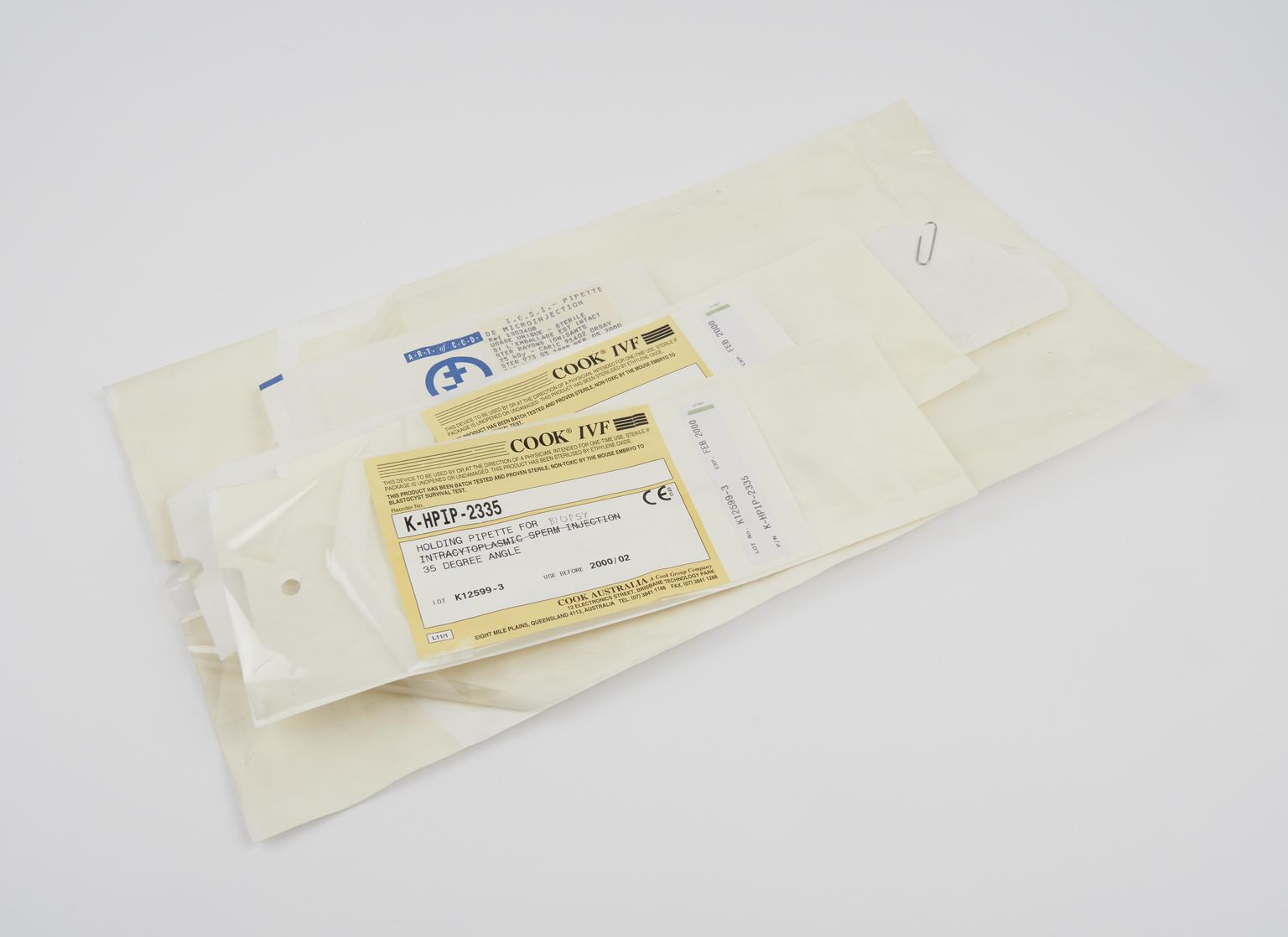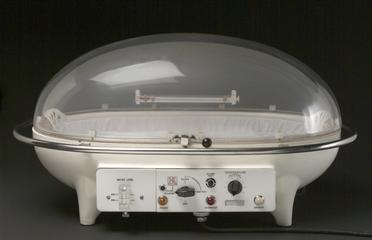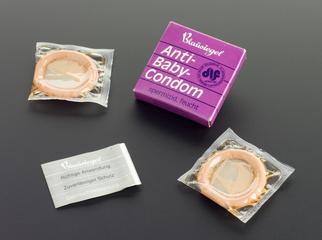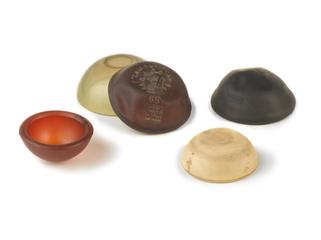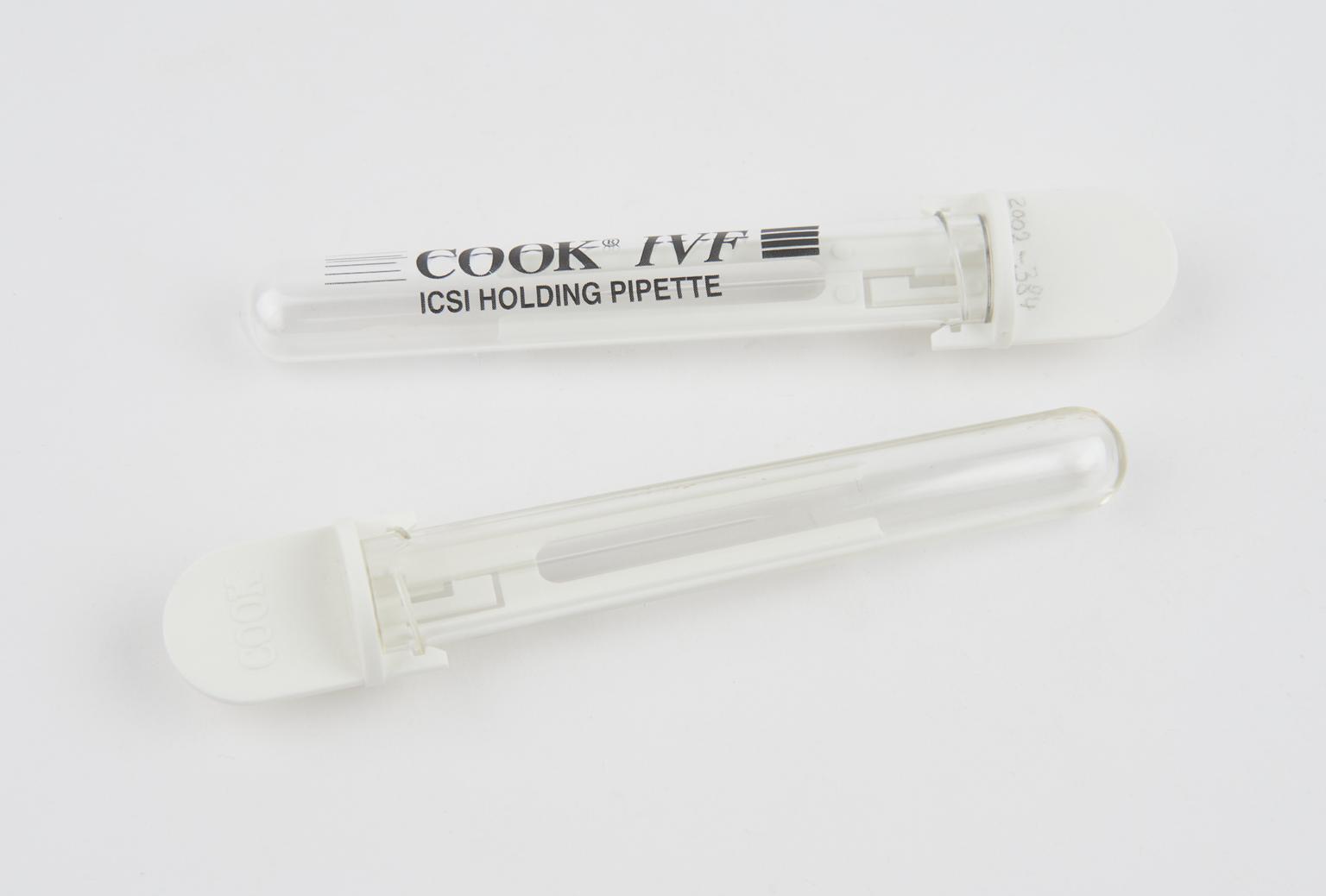
Pipettes used in IVF, Europe, 1999
Two 'Cook IVF' ICSI holding pipettes, unsigned, Europe, 1999. Used to inject sperm into the egg in the IVF process.
More
On 25 July 1978, Louise Brown was born, becoming the first baby conceived and born after IVF treatment. This breakthrough came from years of groundbreaking research by Robert Edwards, Jean Purdy, and Patrick Steptoe. During IVF, eggs are fertilised with sperm outside of the body and then the resulting embryos are transferred to the uterus. Since the 1970s, many innovations have made the IVF process more efficient and effective. In 1980, Edwards, Purdy, and Steptoe reported a success rate of 6%, whereas in 2019, the success rate of IVF treatment in the UK for under 35s was 32%. However, there is a postcode lottery when it comes to receiving IVF treatment on the NHS, and many people have to pay for private treatment. It can also take several cycles of IVF to be successful and can often be mentally and physically challenging.
One of the most important technological innovations has been intracytoplasmic sperm injection (ICSI). For around half of couples who are having trouble conceiving, this is related to the sperm. ICSI was first used clinically in 1992 to help overcome this. It has since become the most common and successful treatment for sperm related infertility. For patients the process is the same as conventional IVF. But in the laboratory a single sperm is injected directly into the egg to fertilise it. This requires incredible precision. With micromanipulators, the movement of the joysticks is replicated as tiny movements at the pipette tip where the egg and sperm are held in specially designed needles. This smooths out any shaky hand movements and allows for an impressive degree of accuracy.
- Materials:
- glass and plastic (unidentified)
- Object Number:
- 2002-384/1
- type:
- pipette
- Image ©
- The Board of Trustees of the Science Museum






